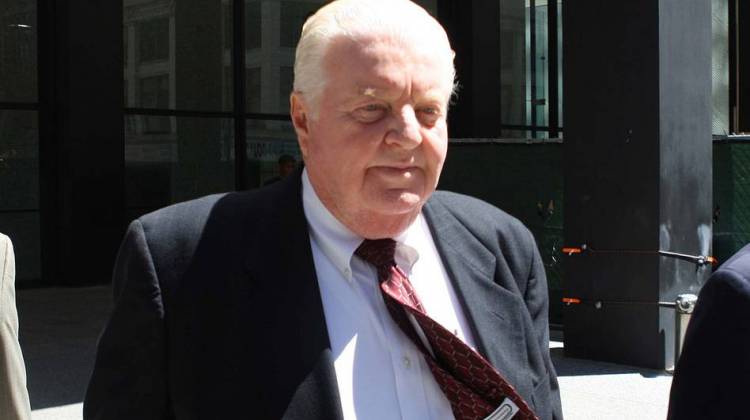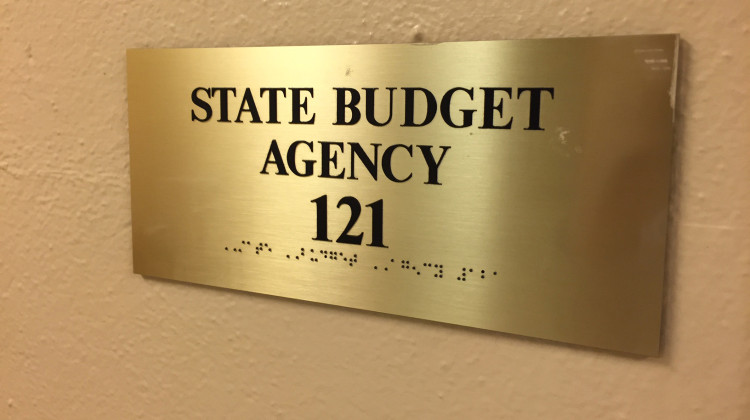The city of Chicago will take a big step today toward closing what Mayor Rahm Emanuel has called one of the darkest chapters in city history, as the city council is expected to approve a $5.5 million dollar reparations fund for victims of police torture.
The fund will compensate victims tortured by notorious former Chicago Police Lt. Jon Burge, and the detectives under his command, between the early 1970s and the early 1990s.
During many of those years, Burge was commander of the Chicago Police Area 2 headquarters on the city's South Side.
For decades, hundreds of men — most of whom were black — said that when taken into questioning about crimes in Area 2, they'd been stripped, punched, beaten, shocked with cattle prods and other electric devices, suffocated with plastic typewriter covers and abused in other ways.
Anthony Holmes, who served 13 years in prison for a murder he says he did not commit, claimed at a recent city council committee hearing that he was one of Burge's first victims, as reported by NPR's Cheryl Corley:
"In 1973, he [Burge] came to my house, kicked the doors in, threw me on the floor, put a shotgun to my head, knee in my neck. He said, '[Expletive], I'm going to kill you if you don't be still.' "
Holmes says he was shocked by officers and thought three or four times that he was dead.
Another victim, Darrell Cannon, was emotional as he testified, Corley reported. Cannon was arrested in 1983 and served 24 years in prison for murder, and was freed after a review board determined the evidence used to convict him was tainted. Cannon says that when he was arrested, three of Burge's officers placed a shotgun at his head and played a sort of one-target Russian roulette as they questioned him.
"The third time that I heard that click, the hair on the back of my head stood straight up because I honestly thought he had blew my brains out. When that didn't work, they tried to hang me by my handcuffs, which was cuffed behind my back."
The city already has paid about $100 million in lawsuit settlements to Burge victims. The $5.5 million fund will provide up to $100,000 to each of those victims with credible torture claims who have not received settlements. It will also provide them with education, psychological counseling and job training.
The Chicago City Council also will issue a formal apology to torture victims.
The mayor says it's time for "the city to own up to its dark past" and provide victims with closure.
"This is a stain on the history of the city and its reputation, and I thought it was essential to finally move forward," Emanuel said when the ordinance was introduced in April.
A Chicago police board investigation found evidence of torture under Burge and fired him in 1993, but no criminal charges were filed for the acts of torture. A special prosecutor appointed in 2002 spent four years investigating and found overwhelming evidence of torture by Burge and his "Midnight Crew" — but concluded that the statute of limitations had run out.
Finally in 2010, then-U.S. Attorney Patrick Fitzgerald filed federal perjury and obstruction of justice charges against Burge, alleging that Burge lied about torture under oath in civil lawsuit proceedings. Burge was convicted and sentenced to 4 1/2 years in prison.
He was released from a halfway house in February. He lives in Florida — and continues to collect a Chicago police pension.
9(MDEwMDc1MzM3MDEzNDczOTA0MDc1MzViMQ001))
 DONATE
DONATE








 View More Programs
View More Programs

 Support WFYI. We can't do it without you.
Support WFYI. We can't do it without you.